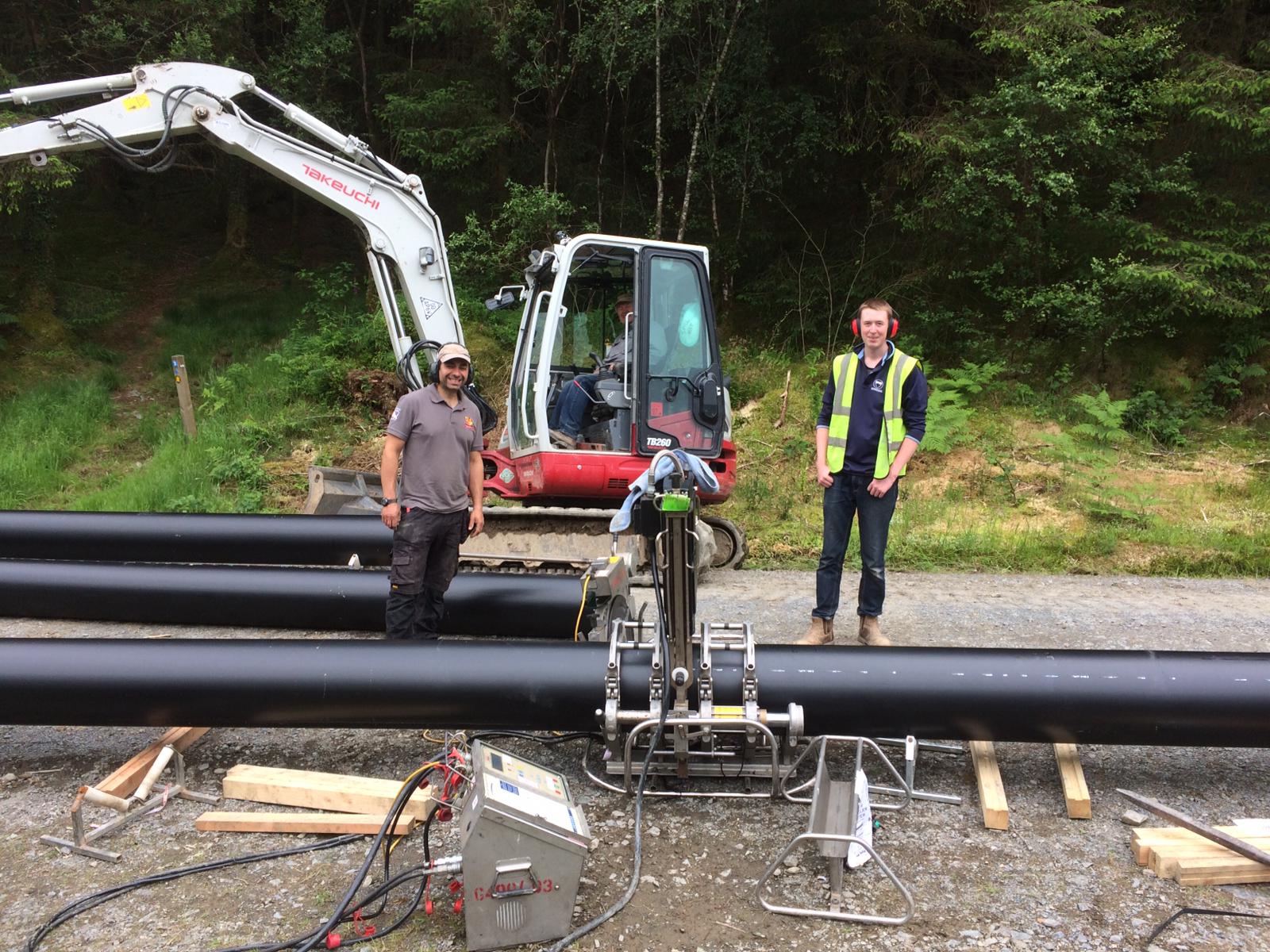Steeped in history, Wales is a country with strong industrial roots. The country’s last coal mine closed just 13 years ago in Hirwaun, Rhondda Cynon Taf, after being purchased in 1994 by more than 200 coal workers with their redundancy pay after the mine was initially closed. Since its closure, the country has set its sights firmly on becoming less reliant on fossil fuels, paving the way to a more renewable future.
Wales was the first UK nation to put in place the five pence charge for single-use plastic bags in 2011 and sits proudly atop the table of UK nations with a household recycling rate of 60% (England’s is currently around 44%). The impact of Covid-19 has seen a surge in recycling across the country, with online purchasing stepping in as the new normal for many. Over the Christmas period, Cardiff City Council handled more than 400 extra tonnes of recycling, an increase of 25% on the previous year, while Bridgend saw a further increase of 410 tonnes.
Renewable energy is also progressing in Wales, with the nation harnessing the power of the elements and pushing forward to secure a cleaner, greener future. Thanks to financial and business support from the Welsh Government Energy Service, community organisations such as Egni Co-op have been able to proceed with renewable installations at schools, community centres and, most notably, the Geraint Thomas National Velodrome of Wales.

